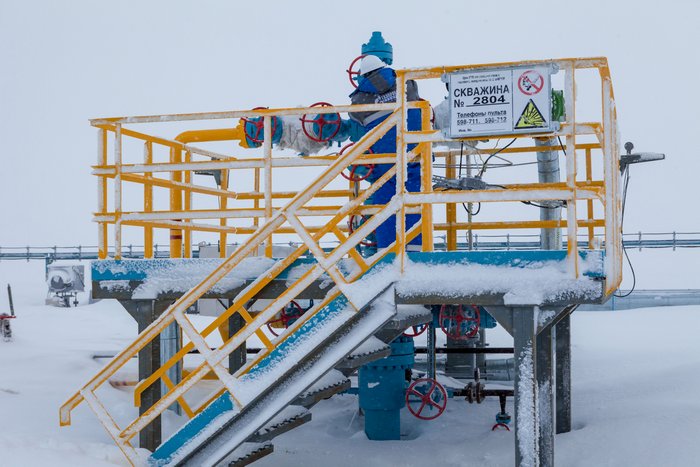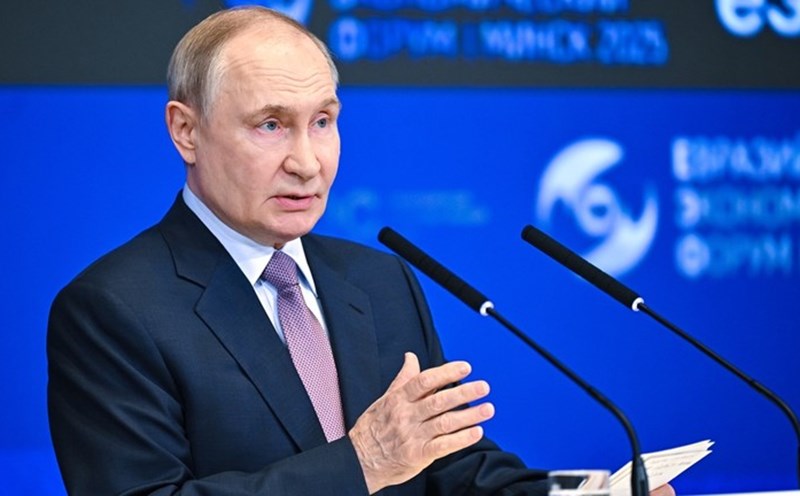The 12-day war between Israel and Iran ended abruptly, causing oil and gas prices to plummet for the most in 2 years. While Europe is breathing a sigh of relief to avoid the energy crisis, there is a fact that few people pay attention to: Moscow has found a new path for Russian gas without needing a transit through Ukraine.
Accordingly, Russia's liquefied natural gas (LNG) is overflowing into Europe, replacing much of the role of gas transit through Ukraine.
The oil market has been relieved by concerns about the closure of the Hormuz Strait - which carries more than 20% of global oil supplies. Brent oil prices have plummeted from $77 to $67/barrel, erasing the increase caused by the war in just a few days.
The market has now almost completely forgotten the geopolitical risks of last week. Psychology has returned to the basics, said analyst Janiv Shah from Rystad.
Meanwhile, Iran is taking advantage of the wartime to accelerate oil exports to China, reaching a record 1.8 million barrels/day, according to data fromvortexa. Investors are paying attention to the OPEC+ meeting on July 6, where countries can discuss increasing production once more.
The European gas market also saw its biggest decline in 2 years: July gas delivery prices on the Dutch TTF decreased by nearly 20%, from 494 USD to 409 USD/1,000 m3.
The loss of the Hormuz Strait, where Qatar supplies 10% of its gas to Europe, has helped reduce pressure on supply. However, the silent steering from Russia is the key factor.
According to a report by the European Statistical Agency ( Eurostat), in the first quarter of 2025, LNG imports from Russia into the EU increased by 50% to 5.6 billion m3. This increase is almost completely offset the amount of gas that Russia used to transport via the Ukrainian pipeline, which has now been stopped.

Total Russian gas exports to Europe in the first three months of the year fell just 800 million cubic meters to 9.3 billion cubic meters. This shows that Russia is reshaping the energy supply route without Kiev.
The dependence on Russian LNG is making it difficult for the EU to achieve its goal of abandoning Russian gas. The European Commission can only rely on the timely operation of US and Qatari LNG projects if it does not want to continue to delay the plan to end Russian gas imports.
At the same time, coal prices in the ARA (Amsterdam - Madrid - Antwerp) also decreased slightly from 107 USD to 105 USD/ton, showing the general cooling trend of the energy market.
As the world is busy watching the Middle East war and energy price fluctuations, Russia has quietly re-written a map of European gas, turning LNG into a strategic replacement for the Ukrainian transit pipeline. A strategy that is not noisy, but capable of confusing the EU.











